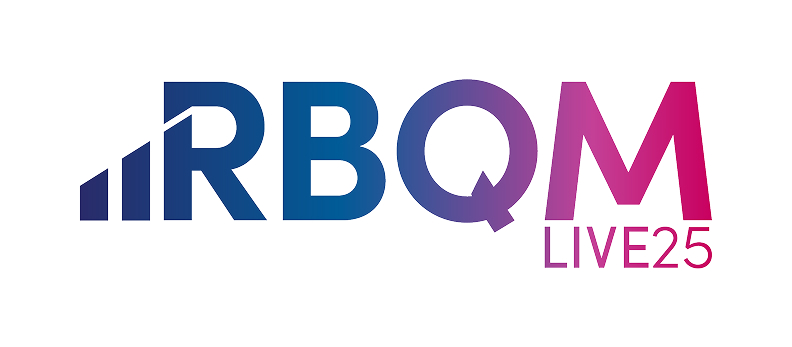A review of FDA marketing submissions between 2000 and 2012 revealed roughly one-third (32%) of all first-cycle review failures (16% of submissions overall) were driven by quality issues.1 Why was this? While the pharmaceutical industry had enjoyed economic growth in the 1990’s, drug makers started to face growing pressure at the turn of the century from multiple directions:
- Highly publicized safety issues with marketed drugs
- A slowing of innovation
- Patent expirations
- Complicated clinical trial designs
The cost and duration of clinical development steadily increased, while profit margins dwindled. The increasing complexity of trials also added significant risk to the operational success of research, both in terms of recruiting and retaining patients, and in generating the reliable results needed to support ultimate marketing approvals.
The traditional way of conducting trials was not fit for the 21st century and a more streamlined and efficient process was needed to reduce risk while offering significant cost and timeline benefits. Improving data quality and patient safety is a key concern, in addition to controlling the spiralling costs of drug development research. Risk-Based Monitoring (RBM) was thrown into the spotlight. The model’s success, combined with advances in clinical trial technology, has seen the approach extended to cover the whole trial execution; cue ‘RBQM’ (Risk-Based Quality Management). But what is the difference between RBM and RBQM, what are the benefits, and how can sponsors and CRO’s harness the power of risk-based trial management?
In this paper, our Co-Founder, Patrick Hughes discusses the difference between RBM and RBQM, and shares some practical advice on how to go about implementing a risk-based approach to trial management. Spoiler alert! It’s not as complicated as you might think!



